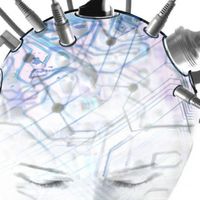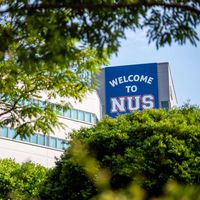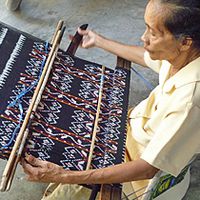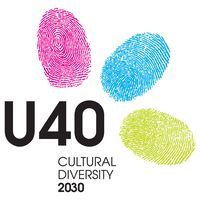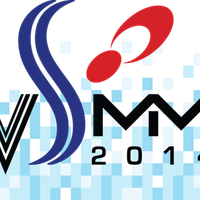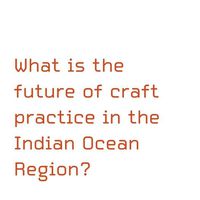Perth | Creative Economy and China summer school and conference

![pic-st-georges-terrace2-1000x500-768x384]()
Curtin University in Perth, Australia holds the CULTURES OF KNOWLEDGE: CREATIVE ECONOMY AND CHINA Summer School and Conference from 7-11 February 2017. The Summer School + Conference is an initiative of the Digital China Lab. Both events are supported by the Centre for Culture and Technology (CCAT) and the School of Media Culture and Creative Arts (MCCA) at Curtin University.
The U40 Summer School will be located at Curtin University in February 2017. Previously held in Kunming in China’s south-western Yunnan Province, the 2017 event will extend ongoing collaboration with the Chinese Academy of Social Sciences and Yunnan University.
The theme of the Summer School is Cultures of Knowledge: Creative Economy and China.
In the past few years digital innovation has captured attention. Innovation is incubated in micro start-ups, in community and non-profit organisations, and among amateur producers. Maker spaces are now found in most cities, often supported by government. A new generation of producers utilises both traditional and digital era cultural forms, sharing ideas online, and moving products from workshops to online markets. Knowledge moves faster than ever before. Traditional media corporations, whose business models are in a state of constant flux, are attempting to capture and monetize the creativity of users. This momentum is particularly evident in China in the wake of the government’s Internet+ blueprint, announced in March 2015. The rise of China’s powerful internet communication enterprises, their acquisition of domestic media content companies, together with their international ambitions, signify a new frontier of creative economy in the region.
In the Summer School we acknowledge the powerful influence of China but also recognise other comparable developments in Greater China and East Asia: for instance in Australia, New Zealand, Singapore, South Korea, and Japan.
Topics
Topics include digital connectivity and changing consumption practices; making, remaking and shanzhai cultures; emerging markets for creative content; second screens, apps and connected viewing; challenges to traditional media; digital literature and publishing; niche, marginal and long tail communities; digitisation of traditional cultural resources; crowdfunding; online distribution and consumption of cultural artefacts; online video, fans and user communities; big data and gamification.
Format
The Summer School will consists of 5 days of presentations by emerging scholars as well as established experts. The participant will have the opportunity to talk (in English) for twenty minutes about their research problem or approach to enquiry and ask for guidance. Experts and mentors, together with participants, will provide feedback; in the case of participants with work already drafted for publication, the U40 will assist in bringing this work to completion with a view to publication.
The description U40 in China refers to Early Career Researchers under the age of 40; at Curtin we equate this with Early Career Researcher (i.e. no age restriction). Participants will be undertaking a PhD, or will recently have completed a Masters. Participants who have completed a PhD are also eligible to attend.
Programme
Similar content


